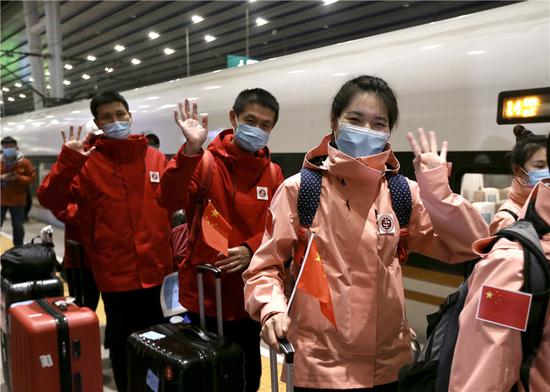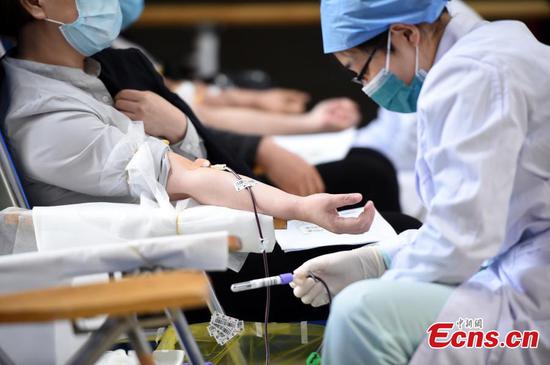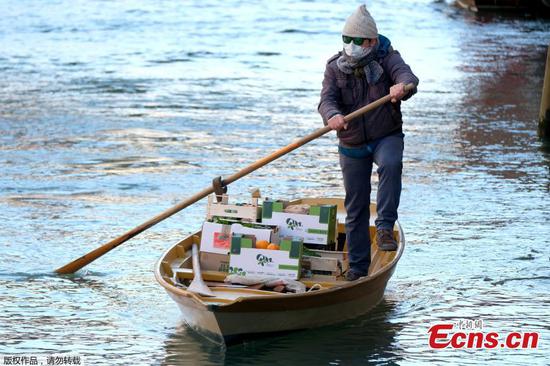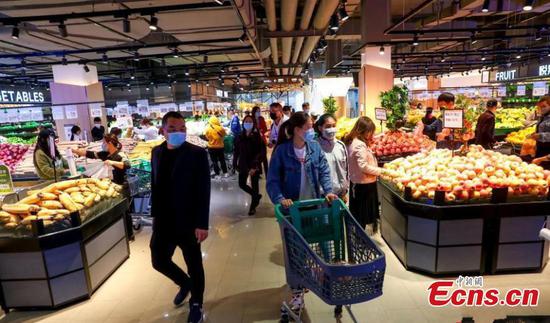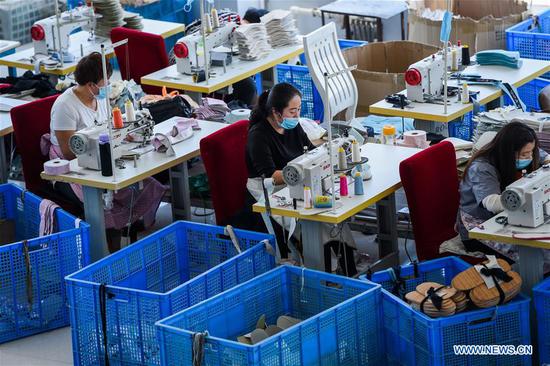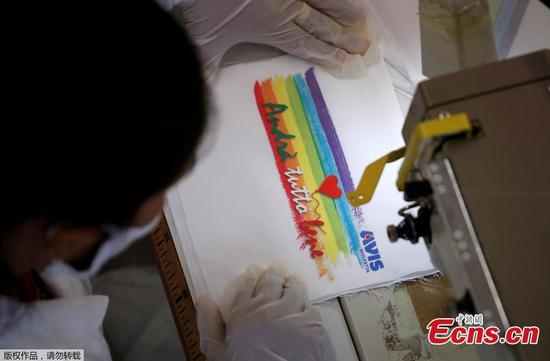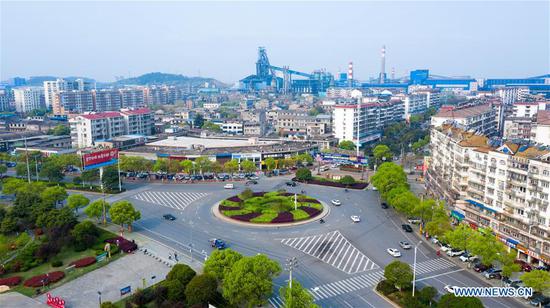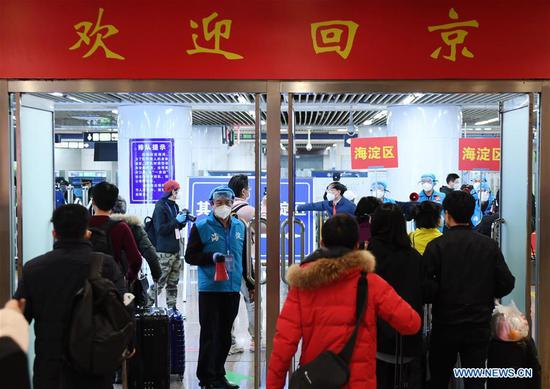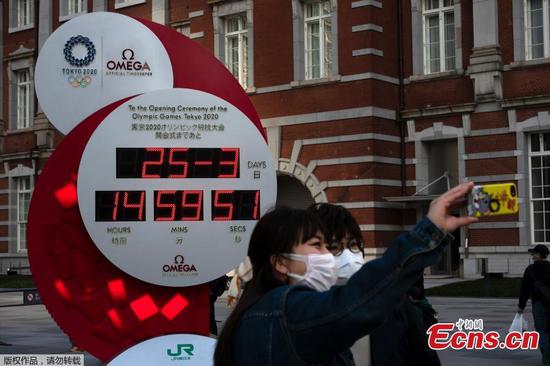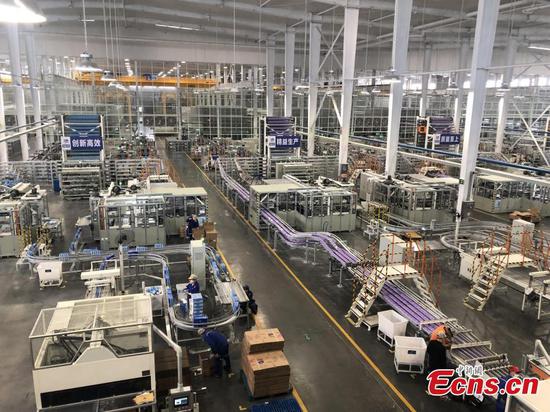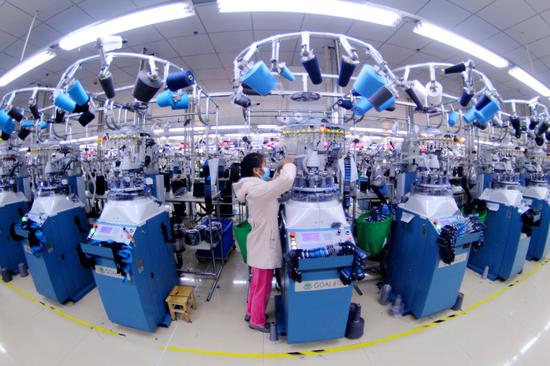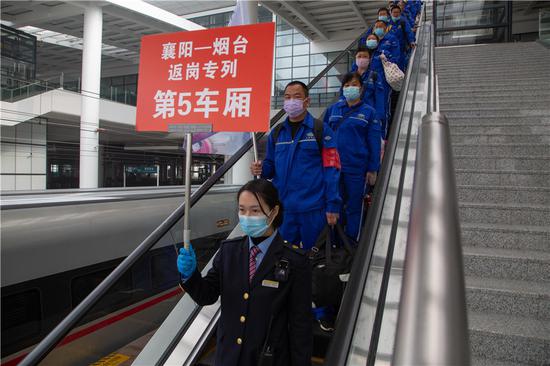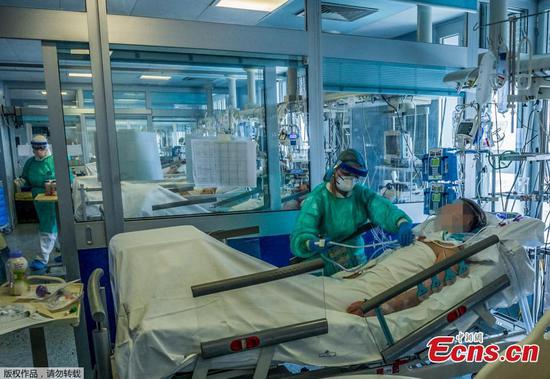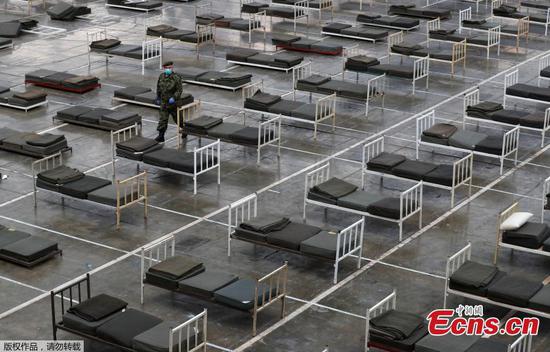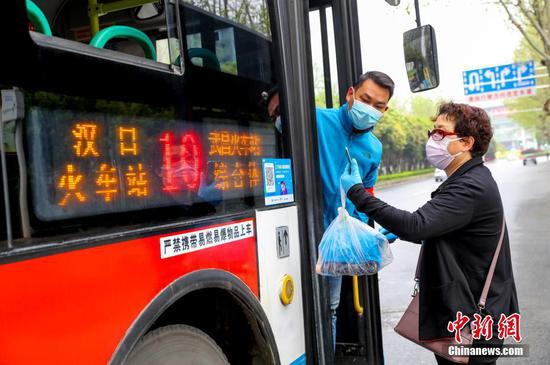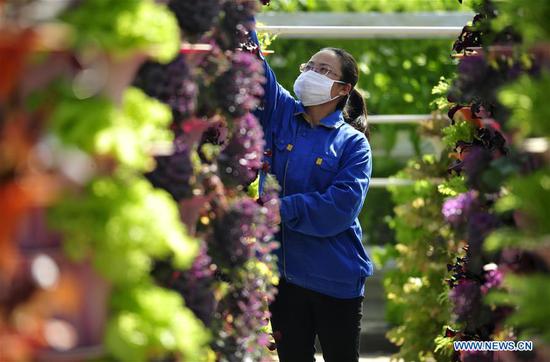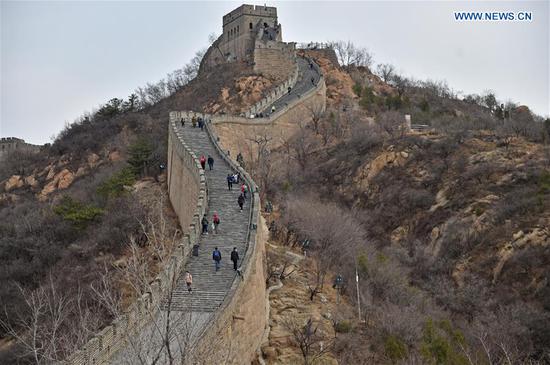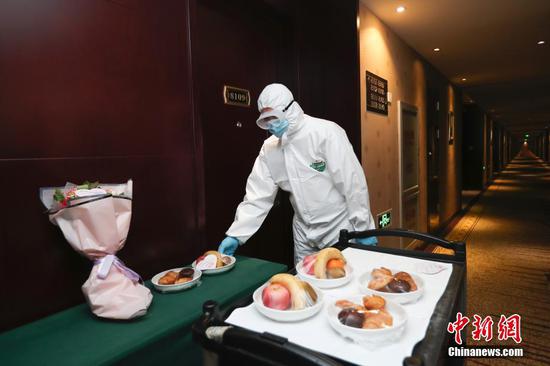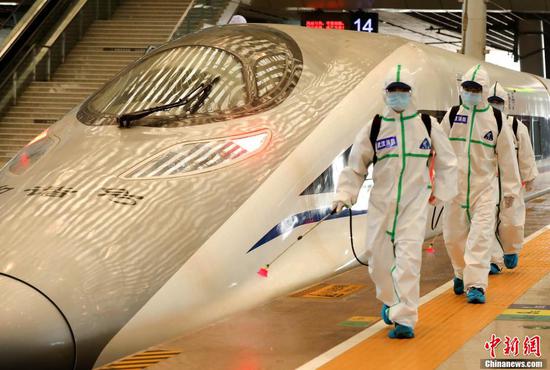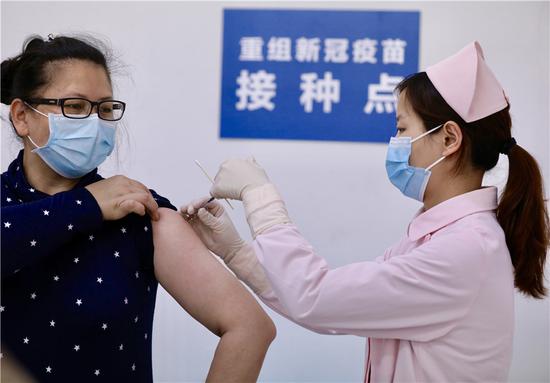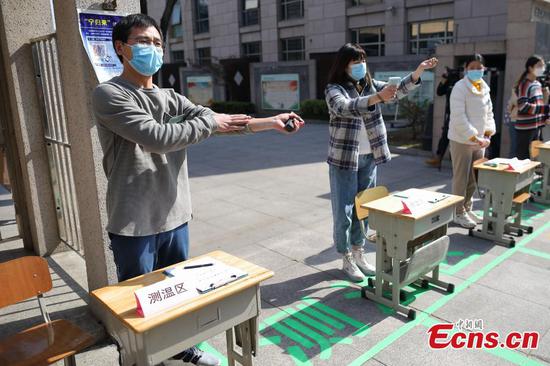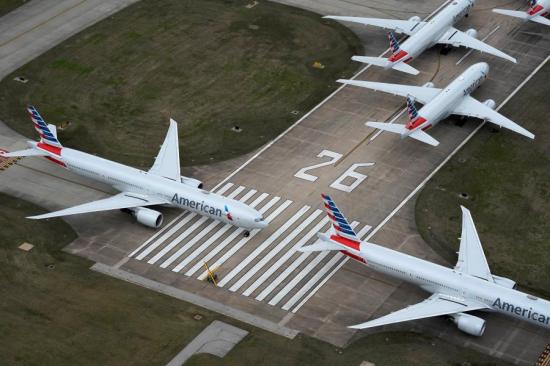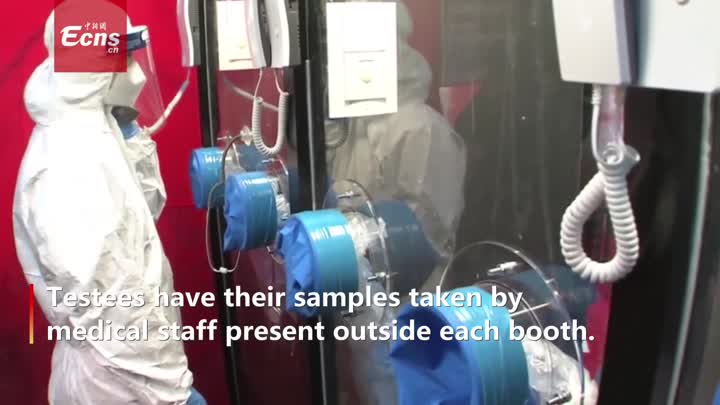Chinese ventilator manufacturers are ramping up efforts to supply countries ravaged by the novel coronavirus, while calling for a smoother and integrated global supply chain to guarantee production.
"With demand for ventilators soaring all over the world, we're short of components, from basic items like steel metal parts to imported parts," Cui Gang, clinical director of Beijing Siriusmed Medical Device, told the Global Times on Thursday.
He said there are nearly 1,000 orders from overseas that the company's manufacturing facility will fill by June, and certain domestic companies may have orders lasting until the fourth quarter of this year.
However, insufficient supply of raw materials, especially core components, is the biggest problem that curtails production, Cui said. "We even use new ventilator products to trade for core components that are in tight supply," Cui said.
The Global Times learned that other big manufacturers like Mindray and Beijing Aeonmed Co are also accelerating manufacturing amid surging overseas demand for the machine that is designed to help patients breathe.
London-based analytics firm GlobalData estimated that about 880,000 more ventilators are in demand globally amid the epidemic, with the US reporting a gap of 75,000 ventilators, while France, Germany, Italy, Spain and the UK are collectively short of 74,000 devices.
In the US, Ford, General Motors and Tesla have responded to government calls to make ventilators, while the UK last week began to deliver ventilator blueprints to over 60 military engineering companies and car manufacturers including Rolls-Royce and Unipart, according to media reports.
China's Anhui Zhongding Sealing Parts Co announced on Thursday that the company would supply precision premium rubber sealing parts for GM's ventilator manufacturing project.
"The global supply chain of ventilators should be united in fighting against the epidemic," Cui said.
WTO Director-General Roberto Azevedo on Wednesday also called for a global solution to address the global challenge brought on by the coronavirus. "Trade allows for the efficient production and supply of basic goods and services, medical supplies and equipment, food and energy... Keeping trade and investment flowing will be critical to keep shelves plentiful and prices affordable," he said in a video on the organization's website.









